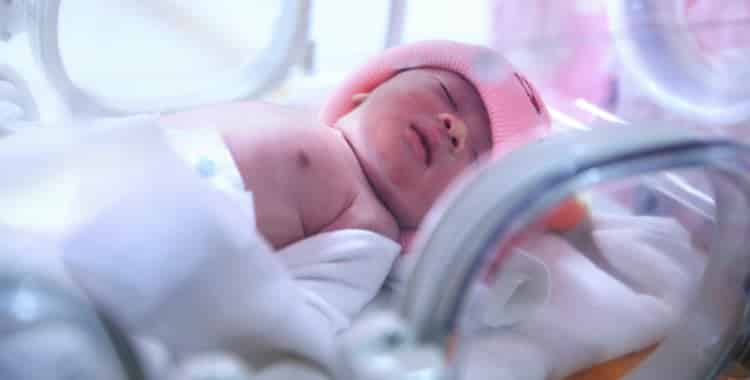A Michigan jury has ordered William Beaumont Hospital to pay more than $130 million in damages to the family of a young boy who sustained severe brain damage around the time of his birth in 2006, US News & World Report writes.
Detroit-Area Jury Awards $130 Million To Child, Family
In a verdict rendered on September 25, 2018, a jury for the Oakland County Circuit Court ruled that two medical technicians at the Detroit-area hospital had failed to adequately treat the child, committing medical negligence and causing the boy severe and irreparable harm. The child plaintiff, who suffered irreversible brain damage at the age of two months, has been diagnosed with cerebral palsy, a severe and debilitating neuromuscular disorder.

In their medical malpractice lawsuit, attorneys for the family report that the child was admitted to William Beaumont Hospital in 2006. He was just two months old at the time. While the plaintiff child was born healthy, he was premature; prenatal tests confirmed that he had a medical disorder known as hydronephrosis, a condition in which the kidneys are swollen.
So his family returned to the hospital two months after their child’s birth for a battery of imaging tests. Court documents assert that, at this point, two nuclear medicine technologists attempted to start an IV for the boy. The IV was required, court documents report, to introduce a small amount of a radioactive substance to improve the imaging tests.
Breath-Holding Spell Caused Massive Brain Damage, Jury Hears
After multiple attempts to start the IV, attorneys continue, the child experienced a breath-holding spell. Startled by the pain of the IV, the boy stopped breathing and his blood pressure dropped.
While disturbing, breath-holding spells are fairly common in young children. Frequently caused by a sudden pain, discomfort or fear, parents watch with alarm as their child’s face grows blue or pale. The child stops breathing, then faints.
This is a breath-holding spell. Children generally come to within a minute, but longer breath-holding spells can be a real sign of danger. After several minutes without breath, cardiopulmonary resuscitation (CPR) becomes indicated, requiring medical personnel and parents to act quickly.
Family Alleges Negligence In Medical Care
In their lawsuit, the boy’s parents contend that the medical technicians made a mistake in treating their son. While the technicians performed a series of rescue breaths, court documents allege that the medical professional’s failed to attempt chest compressions and did not check the child’s pulse. Nor did the technologist’s immediately signal a code blue, which could have indicated to other members of the hospital staff that a patient was undergoing cardiopulmonary arrest.
The child was left without oxygen for a number of minutes. Attorneys say he suffered a hypoxic-ishemic brain injury; in the absence of oxygen and nutrients, his brain cells began to die off, leading to severe brain damage. The child’s mother says this massive brain damage is to blame for his diagnosis of cerebral palsy.
Jury Finds Sufficient Evidence Of Medical Negligence
After three weeks of trial, the Oakland County jury found that the medical technicians at William Beaumont Hospital had acted negligently in providing medical care. Finding that the hospital had, by and through its employees, committed negligence, the jury awarded the family a total of $130,571,897 in financial compensation.
The bulk of the award is intended to provide for the child’s ongoing medical care. Attorneys say the judgment is one of the largest medical malpractice verdicts ever awarded in Michigan.
Hospital Plans To Appeal
“Nothing will ease the suffering of this child,” says Brian McKeen, an attorney for the family, “but at least this settlement will alleviate some of the financial burden from his caretakers.”
Meanwhile, the William Beaumont Hospital continues to maintain that it had provided the child with adequate medical care. In a statement released after the verdict, and reported by the Detroit Free Press, the hospital wrote, “we are committed to providing extraordinary care, every day. We took this case before a jury because we believe the care we delivered was appropriate.” The hospital says that it plans to appeal the decision.


